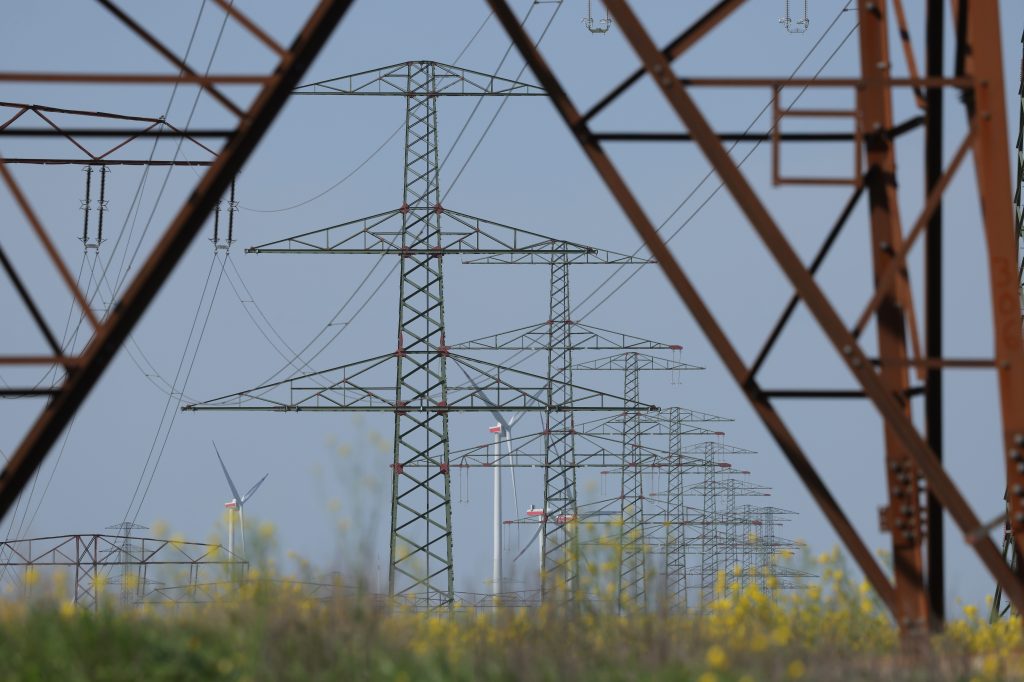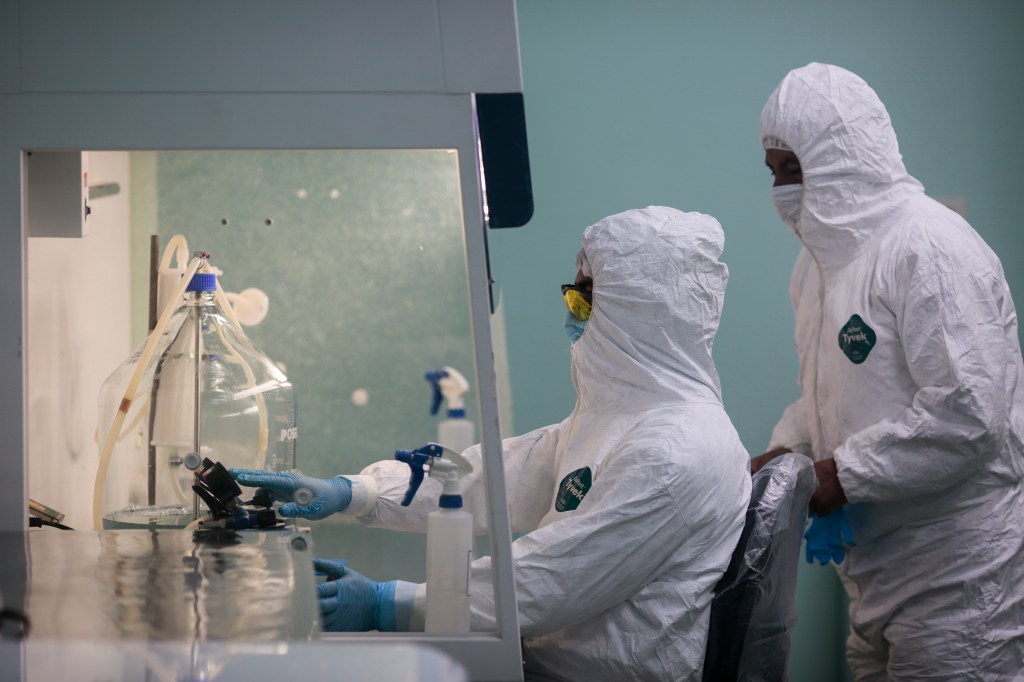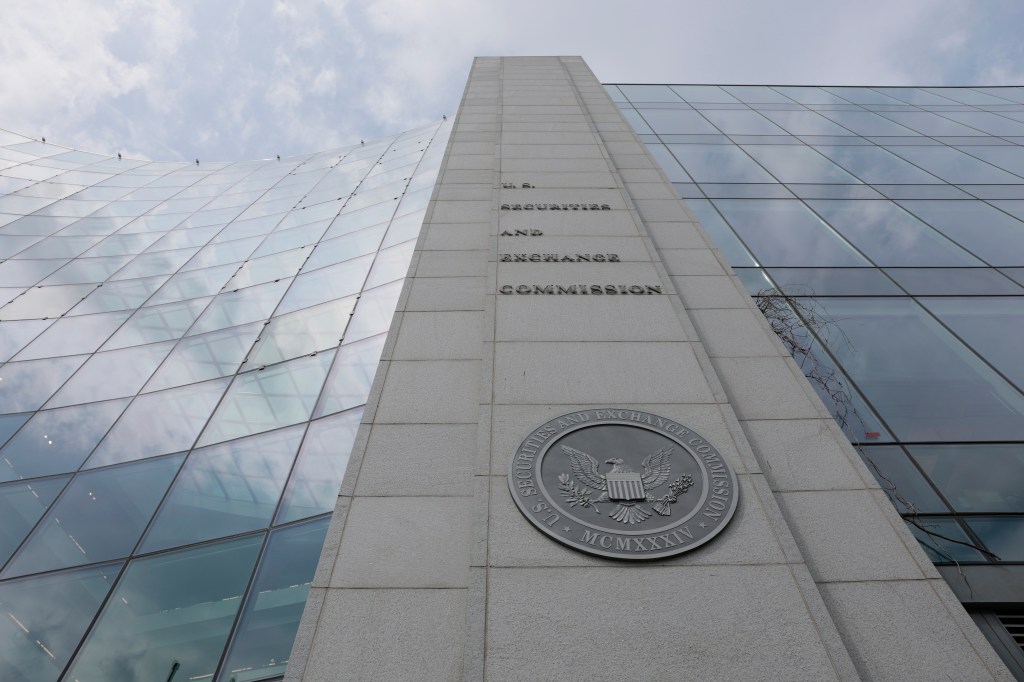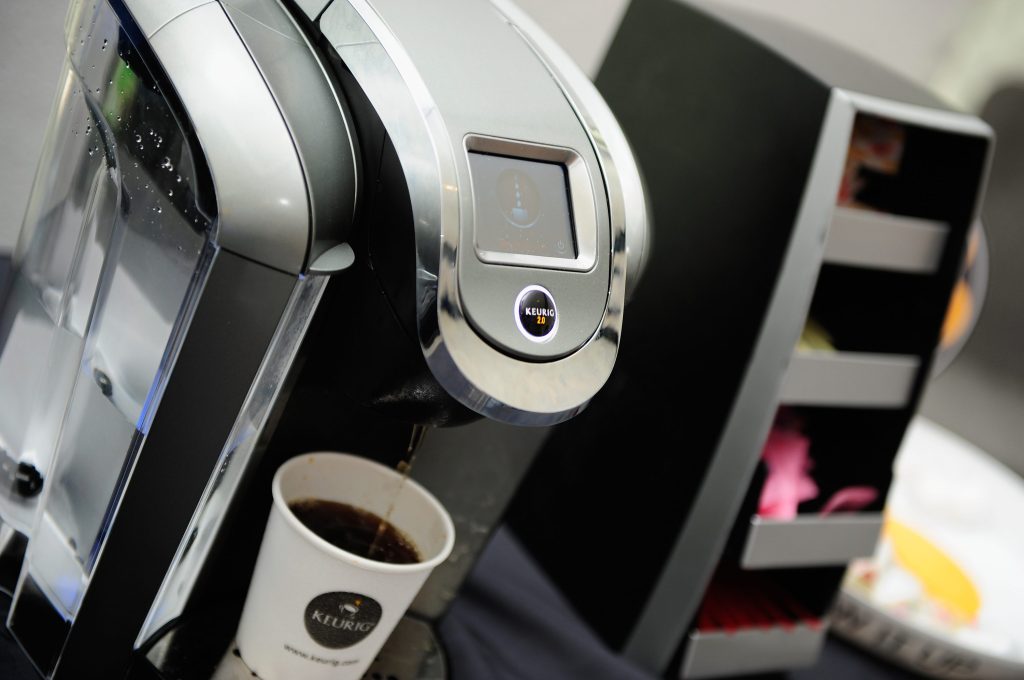Keurig Dr Pepper has agreed to pay a civil penalty to settle SEC charges over claims made by the beverage company that its single-serve pods, or K-Cups, could be “effectively” recycled. Calling the statements misleading, the SEC imposed a $1.5m penalty in the settlement agreement between itself and the company.
Register for free to keep reading
To continue reading this article and unlock full access to GRIP, register now. You’ll enjoy free access to all content until our subscription service launches in early 2026.
- Unlimited access to industry insights
- Stay on top of key rules and regulatory changes with our Rules Navigator
- Ad-free experience with no distractions
- Regular podcasts from trusted external experts
- Fresh compliance and regulatory content every day













